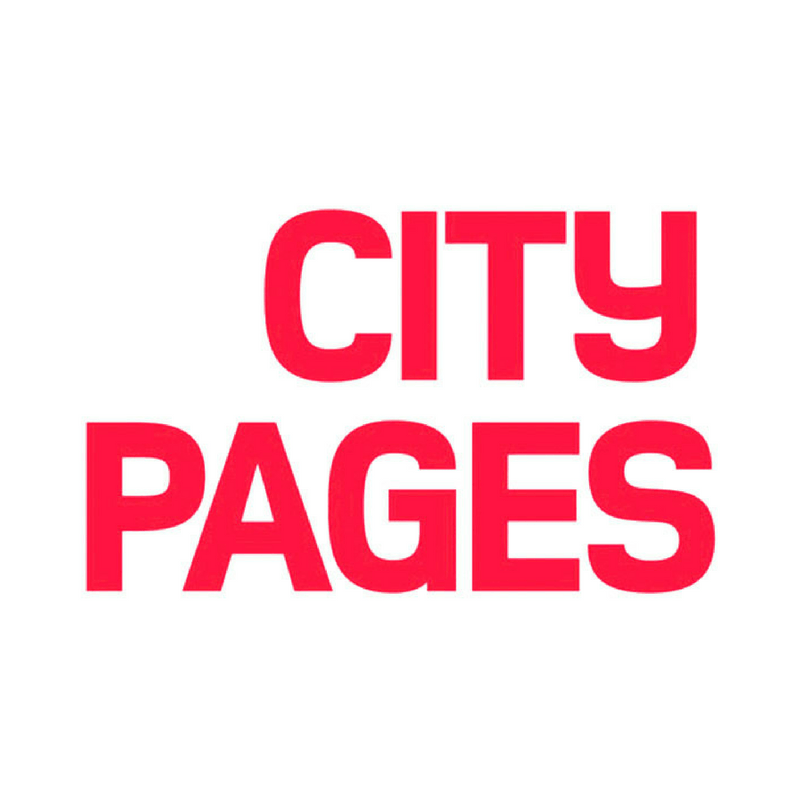Greater Phoenix Business Magazine – March 16, 2017
By Local First Arizona
There is a new mantra in money management, and it’s “Move Your Money.” Arizona businesses and individuals are joining the trend in transferring their savings and financing to locally headquartered banks and institutions that are rooted in the local community.
According to the most recent Federal Deposit Insurance Corporation (FDIC) Summary of Deposits (source), the share of deposits held by independent banks chartered in Arizona rose from 5.84% to 7.21% from June 2015 to June 2016. This 23.4% increase signals that Arizonans are more aware of the benefits of banking locally and thoughtful about where they are choosing to keep their money. …
There are likely multiple factors that explain the increase in local market share of deposits, but one sure factor has been Local First Arizona’s consistent promotion of utilizing local banks and credit unions. “When your money is deposited in locally owned and operated community banks and credit unions, it’s quickly recycled back into our local economy,” says Kimber Lanning, Founder and Executive Director of Local First Arizona. “For example, according to the Institute for Local Self-Reliance, although small and mid-sized banks control less than one-quarter of all bank assets, they account for more than half of all small business lending (source). We’re now seeing that more and more people are taking action to move their money from big banks to local banks to facilitate this kind of local economic impact in their communities.”
…





